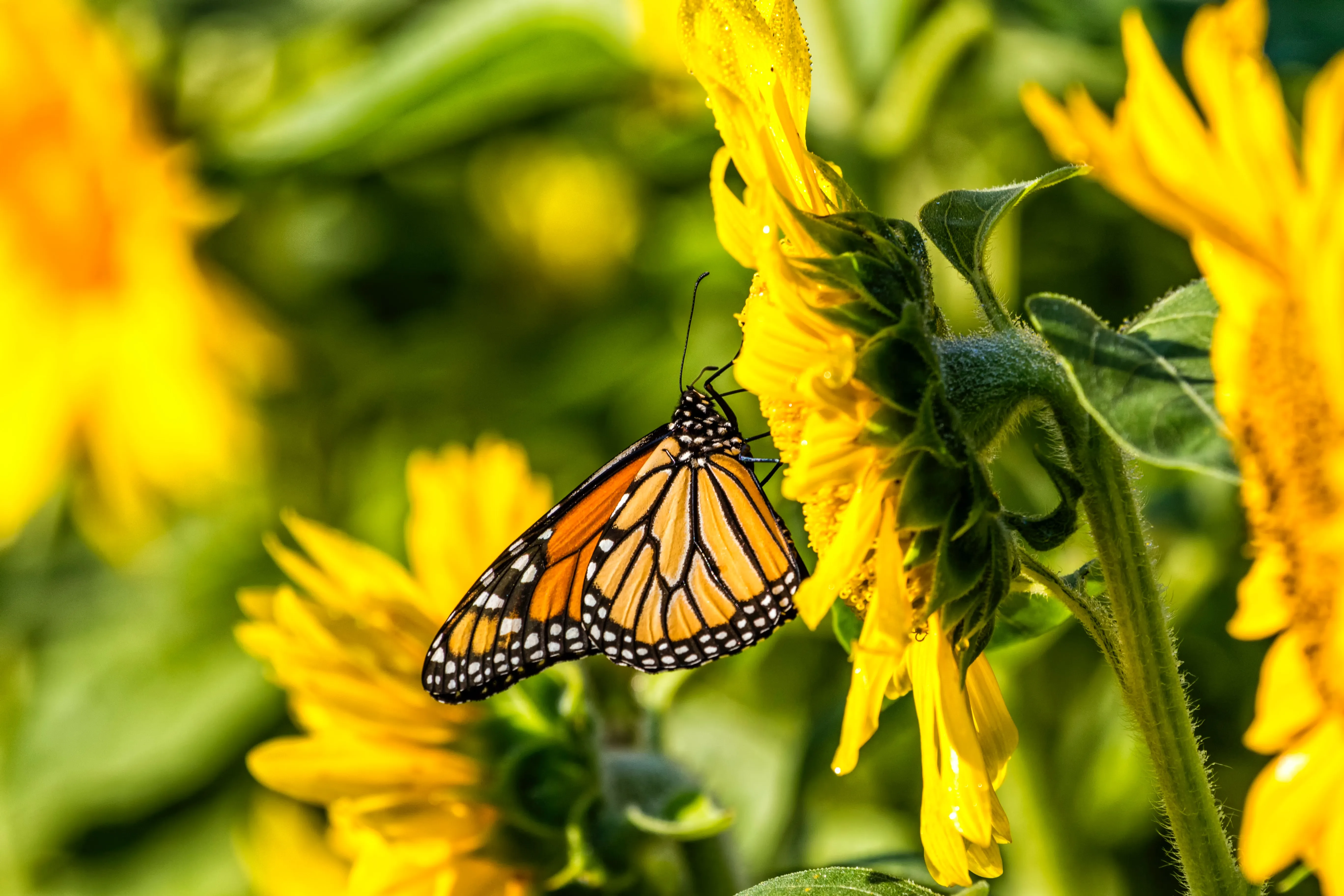The Role of Pollinators in Your Garden: Growing Plants that Attract Bees and Butterflies
Enhance your organic garden's ecosystem by attracting vital pollinators. This informative guide focuses on plants that lure bees and butterflies, crucial for pollination in Bangalore's gardens. Discover how to create a thriving, pollinator-friendly garden with our sustainable and organic gardening tips.

Introduction:
Pollinators like bees and butterflies play a crucial role in the health and productivity of our gardens. In the diverse environment of Bangalore, attracting these beneficial creatures can significantly enhance the ecological balance and beauty of your organic garden. Vriksha Farms is dedicated to guiding you in creating a pollinator-friendly garden using sustainable, organic practices.
Importance of Pollinators:
Pollinators are essential for the reproduction of many plants. By attracting bees, butterflies, and other beneficial insects, you can improve your garden's health and yield. These pollinators also contribute to the biodiversity and resilience of the ecosystem.
Selecting Pollinator-Friendly Plants:
Choose plants that are known to attract pollinators. Flowers like lavender, marigold, sunflower, and zinnias are excellent choices. Native plants are particularly effective as they are already adapted to the local climate and pollinator species.
Plant Diversity and Arrangement:
A diverse range of flowering plants ensures a continuous bloom cycle, providing pollinators with resources throughout the growing season. Arrange your plants in clusters to create a more appealing and efficient environment for pollination.
Organic Practices for a Healthy Garden:
Use organic gardening methods to protect pollinators from harmful chemicals. Avoid pesticides and opt for natural pest control solutions. Composting and using organic fertilizers enrich the soil without harming these essential creatures.
Creating Habitats for Pollinators:
In addition to planting pollinator-friendly plants, consider providing habitats like bee hotels or butterfly shelters. These habitats offer safe spaces for pollinators to nest and lay eggs.
Water Sources:
Pollinators need water too. Include shallow water sources like bird baths or small ponds in your garden, which can serve as hydration points for bees and butterflies.
Educating and Engaging the Community:
Share your knowledge and experiences with the community. Participate in local gardening groups or workshops to spread awareness about the importance of pollinators and how to attract them.
Conclusion:
Creating a garden that attracts and supports pollinators is a rewarding aspect of organic gardening. As part of the Vriksha Farms community, your efforts contribute significantly to promoting biodiversity and sustainable practices in Bangalore's urban landscape.
Call to Action:
Join us at Vriksha Farms in creating pollinator-friendly gardens. Explore our managed farmland plots and start building your own haven for bees and butterflies. Embrace the beauty and benefits of a thriving, eco-friendly garden today.
